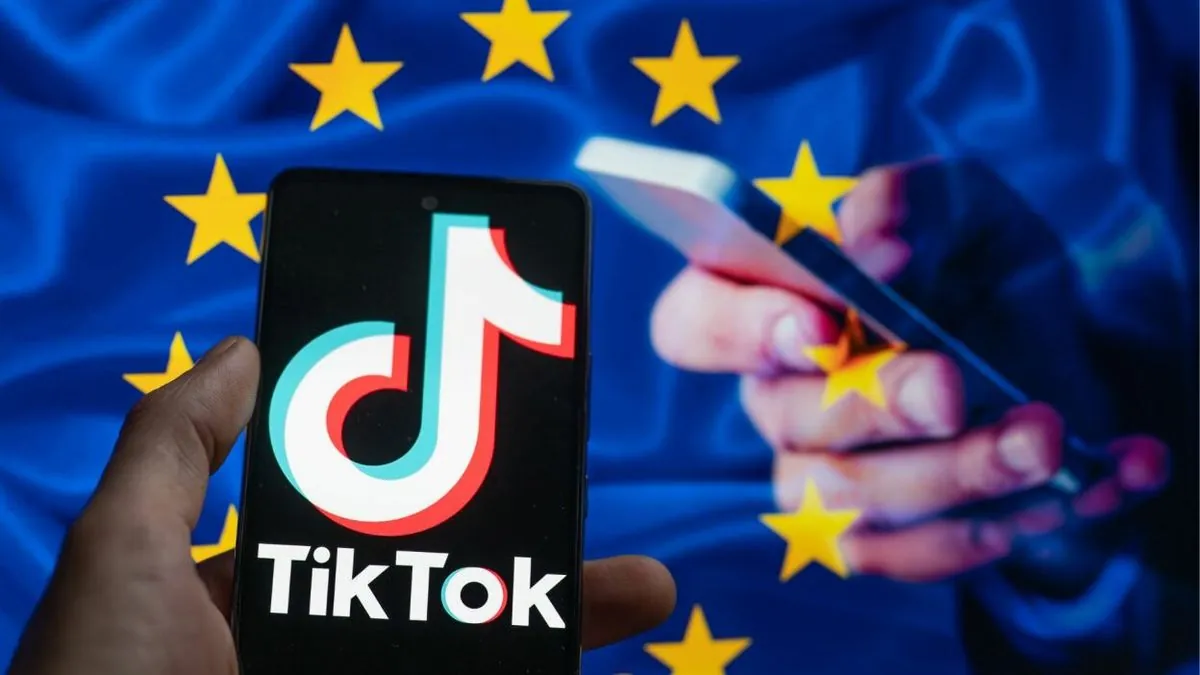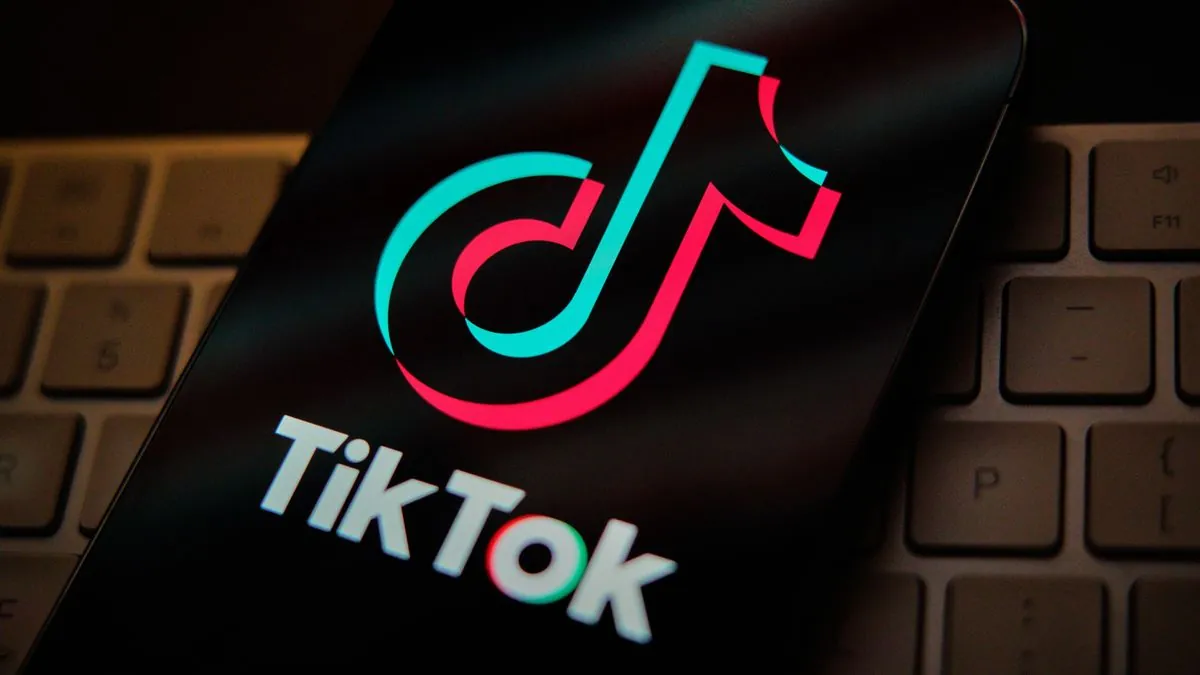TikTok Scraps Rewards Program in EU Amid Addiction Concerns
TikTok agrees to remove its rewards program in EU countries following concerns about its addictive nature. This marks the first such agreement under new EU digital regulations.

TikTok, the popular social media platform, has agreed to discontinue its rewards program in numerous European Union countries as of yesterday. This decision comes in response to concerns raised by the EU regarding the program's potential to foster addiction among users.
The rewards program, a feature of TikTok Lite, allowed adult users to earn points for various activities such as watching videos, liking posts, and inviting friends to join the app. These points could be exchanged for Amazon vouchers or TikTok coins, which users could use to tip other content creators on the platform.

The EU, comprising 27 member states, accused TikTok of failing to adequately report the potential risks associated with the rewards program. This reporting is mandated by the Digital Services Act (DSA), a regulation introduced approximately one year ago. The DSA aims to protect users from illegal content, targeted advertising, unwanted algorithmic feeds, and disinformation. It also requires social media companies to be transparent about their algorithmic recommendation systems and potentially addictive features.
In response to the EU's concerns, TikTok initially suspended the rewards program in late April, about 3.5 months ago. Yesterday, the company took a further step by completely disabling the feature in EU countries and committing not to create similar programs in the future.
"This legally binding agreement sends a clear message to the entire social media industry."
This agreement marks the first of its kind since the EU began investigating various social media platforms, including X, Facebook, and Instagram, over the past year for potential data privacy issues and addictive features.
Pamela Keel, a psychology research professor at Florida State University, explains the addictive nature of such reward systems: "People's brains are designed to repeat behaviors that result in rewards, even if the prizes don't actually benefit them. Social media delivers those rewards to users through likes and followers, and adding a rewards program could draw more people to the app."
The average TikTok user spends approximately 52 minutes per day on the app, highlighting its engaging nature. The platform's "For You" page, known for its highly personalized content, has been a subject of concern due to its potentially addictive qualities.
In light of these regulatory pressures, other tech giants are taking precautionary measures in Europe. About a month ago, Meta decided against releasing a new AI model in EU countries due to regulatory concerns. Apple made a similar announcement regarding its AI system about two months ago.
The impact of these regulations extends beyond Europe. Just three days ago, the U.S. Senate passed two bills representing significant restrictions on tech platforms. Additionally, the U.S. Justice Department has filed a lawsuit against TikTok and its parent company, ByteDance, alleging illegal data collection from millions of Americans under 13.
As social media platforms continue to face scrutiny, it's clear that the industry is entering a new era of regulation and accountability. The TikTok rewards program case serves as a significant precedent, potentially shaping the future of social media features and user engagement strategies worldwide.


































